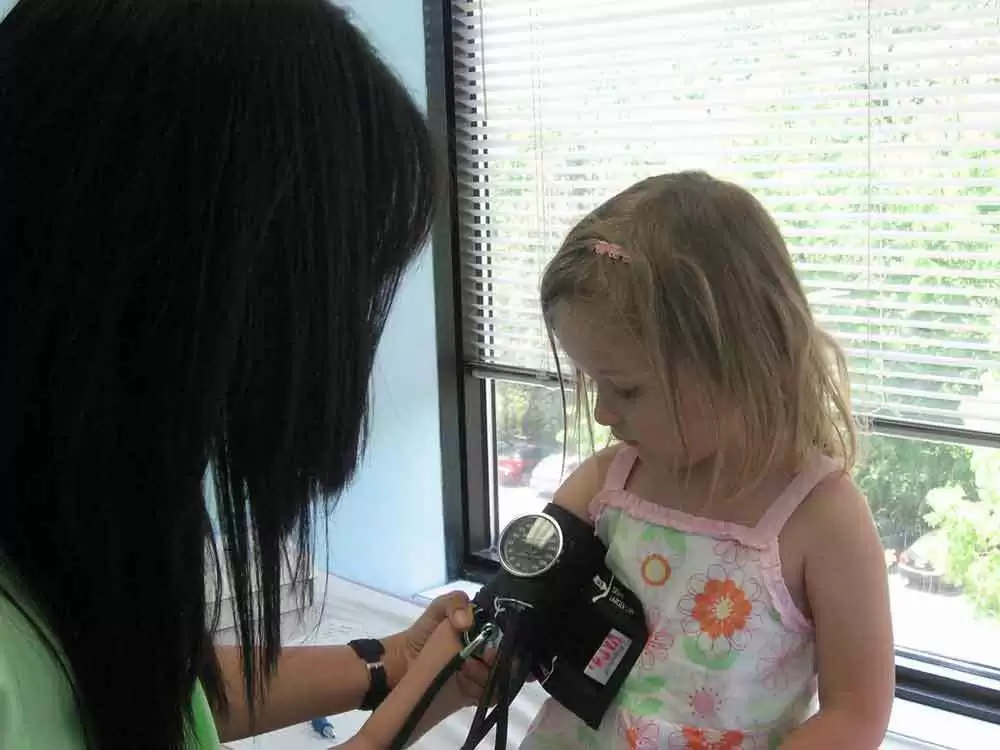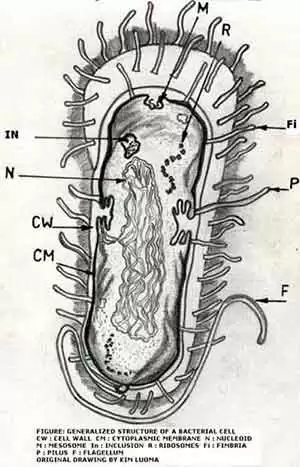
Celiac.com 08/08/2019 - A strict gluten-free diet is the only currently accepted treatment for celiac disease. Current treatment guidelines for celiac disease recommend regular dietary interviews and blood tests to gauge dietary adherence. However, those guidelines might not be doing the job.
A team of researchers recently set out to see if fecal gluten immunogenic peptides might help support the diagnosis, and determine the adherence to the gluten-free diet in celiac children.
Celiac.com Sponsor (A12):
The research team included Isabel Comino, Verónica Segura, Luis Ortigosa, Beatríz Espín, Gemma Castillejo, José Antonio Garrote, Carlos Sierra, Antonio Millán, Carmen Ribes-Koninckx, Enriqueta Román, Alfonso Rodriguez-Herrera, Jacobo Díaz, Jocelyn Anne Silvester, Ángel Cebolla, and Carolina Sousa. They are variously affiliated with research institutions in Spain, Canada and the USA.
The team's multi-center prospective longitudinal study included 64 children with celiac disease. For each child, the team assessed fecal gluten peptides, and tissue transglutaminase and deamidated gliadin peptide antibodies at diagnosis, and 6, 12 and 24 months afterward.
The researchers used gluten peptide levels to estimate patient gluten consumption. A total of 97% of children showed detectable gluten peptides upon diagnosis. For patients on a gluten-free diet, the rate of gluten peptides rose from 13% at 6 months to 25% at 24 months.
Average estimated gluten exposure fell from 5543 mg/d at diagnosis to 144 mg/d at 6 months, then rose to about 600 mg/d after two years.
In contrast, antibodies to deamidated gliadin peptide normalized and only 20% of patients showed elevated tissue transglutaminase antibody after 24 months.
Patients with detectable gluten peptides had longer periods of tissue elevated transglutaminase antibody. Overall, absolute levels of tissue transglutaminase antibody showed low sensitivity for identifying patients with detectable gluten peptides. Evaluation by a dietitian only moderately improved gluten peptide detection.
At some point, testing for fecal gluten peptides could help to guide celiac treatment prior to diagnosis and to test adherence to a gluten-free diet. Further studies are needed to determine if spotting gluten exposure early can reduce the need for expensive/invasive investigations for non-responsive celiac disease.
Read more in Alimentary Pharmacology & Therapeutics










Recommended Comments
There are no comments to display.
Create an account or sign in to comment
You need to be a member in order to leave a comment
Create an account
Sign up for a new account in our community. It's easy!
Register a new accountSign in
Already have an account? Sign in here.
Sign In Now